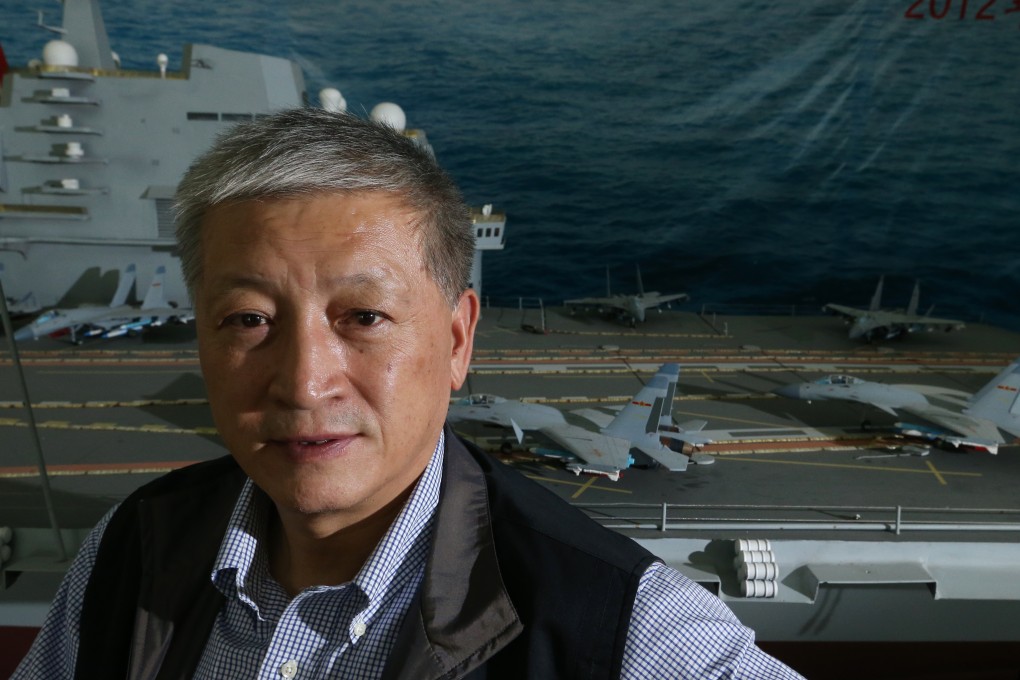Foster private defence firms, urges China's carrier buyer Xu Zengping
Xu Zengping, who brokered the Liaoning deal in the late 1990s, says China needs its own version of big contractors like Lockheed Martin

The man who bought China's first aircraft carrier says the nation should nurture its own Lockheed Martins, amid President Xi Jinping's push for more military-civilian partnerships in the defence sector.
But experts said the transition would take time because the industry was modelled on the Soviet approach that encouraged putting one company in charge of building a single component, rather than developing entire technologies.
Xu Zengping , who is a member of China's political advisory body, submitted a report to the National People's Congress during the annual sessions in March, suggesting the government should allow private defence companies to develop weapons and equipment for domestic and overseas clients.
"Our government should encourage private companies to take part in our country's defence industry build-up," Xu said. "Private defence companies do not need to deal with bureaucratic red tape like [Chinese] state-owned enterprises, so weapons produced by private companies should be better and cheaper."
In a meeting with the PLA delegation on the sidelines of the NPC session, Xi called for removing policy roadblocks preventing tighter integration between state and private firms in meeting defence needs. China has been trying to move in this direction for at least a decade, but Xi has given it renewed priority, saying such integration had become a national strategy, according to Xinhua.
Li Jie, a naval expert at the Chinese Naval Research Institute, noted the big global players, such as Lockheed Martin, Northrop Grumman and Boeing, were profit-driven companies.